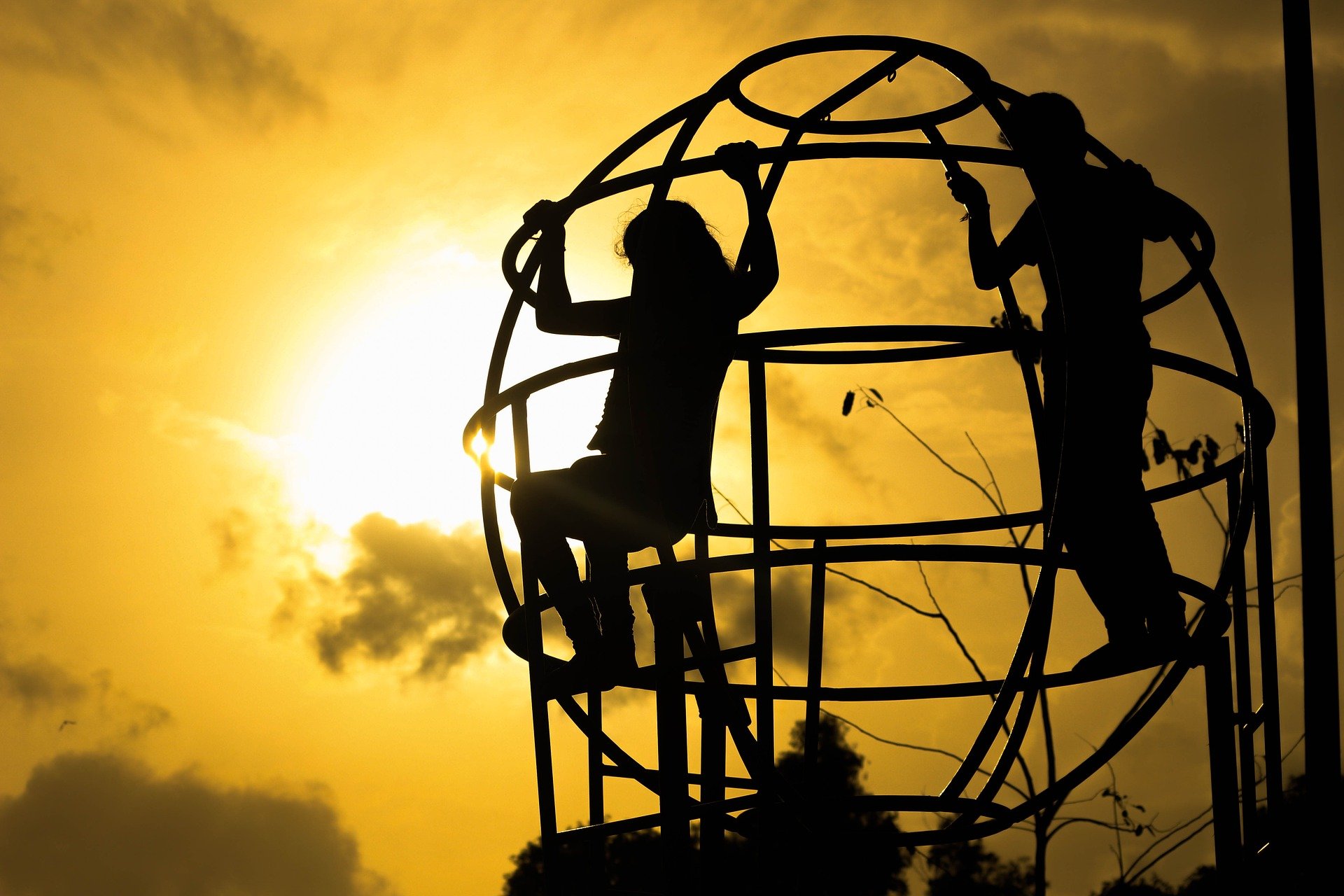High Blood Sugar After Exercise
When my son plays with friends - at the park, in the pool - anywhere that involves activity, he often has low blood sugar during the activity followed by high blood sugar after exercise. One of our physicians suggested that when he was invited to play I tell him he could do so - but needed to wait 30 minutes so I could decrease his basal insulin. While that sounds great in theory, imagine telling a young child whose friends have just knocked on the door that he has to wait because of diabetes. What resonates in my head is "child first, diabetes second." This is my issue to fix, not his. So I let him play and managed the best I could.
When possible, with advance notice, I would decrease basal insulin or leave some carbs "uncovered" beforehand, but he still frequently wound up low. Then I'd feed him small amounts of fast-acting carbs to keep his blood sugar up during the activity, sometimes throughout the entire time he played. Shortly afterward, his blood sugar would start to rise and he would wind up high. And the diabetes roller coaster had left the station!
Finally an endocrinologist explained to me that digestion slows down during activity. AHA! So I was feeding him fast-acting sugar (or sometimes even more complex carbohydrates like bananas), but they weren't digesting quickly; hence the reason I had to keep feeding him. Once the activity stopped - BAM! - the carbs kicked in and blood sugar climbed. So now when we wind up in this situation, as soon as I see blood sugar starting to climb after exercise, I start giving small boluses. Yes, the pump gives us that flexibility. For example, if he has eaten roughly 20 carbs of sugar, I assume some was used for activity and I bolus conservatively. I might bolus for 4 carbs, watch and wait. Then I might bolus for another 2. Clearly the goal is to not overdo it and create yet another low. It's a balancing act that gets easier with practice. And sometimes I get it wrong. But it allows my kid to be a kid.

